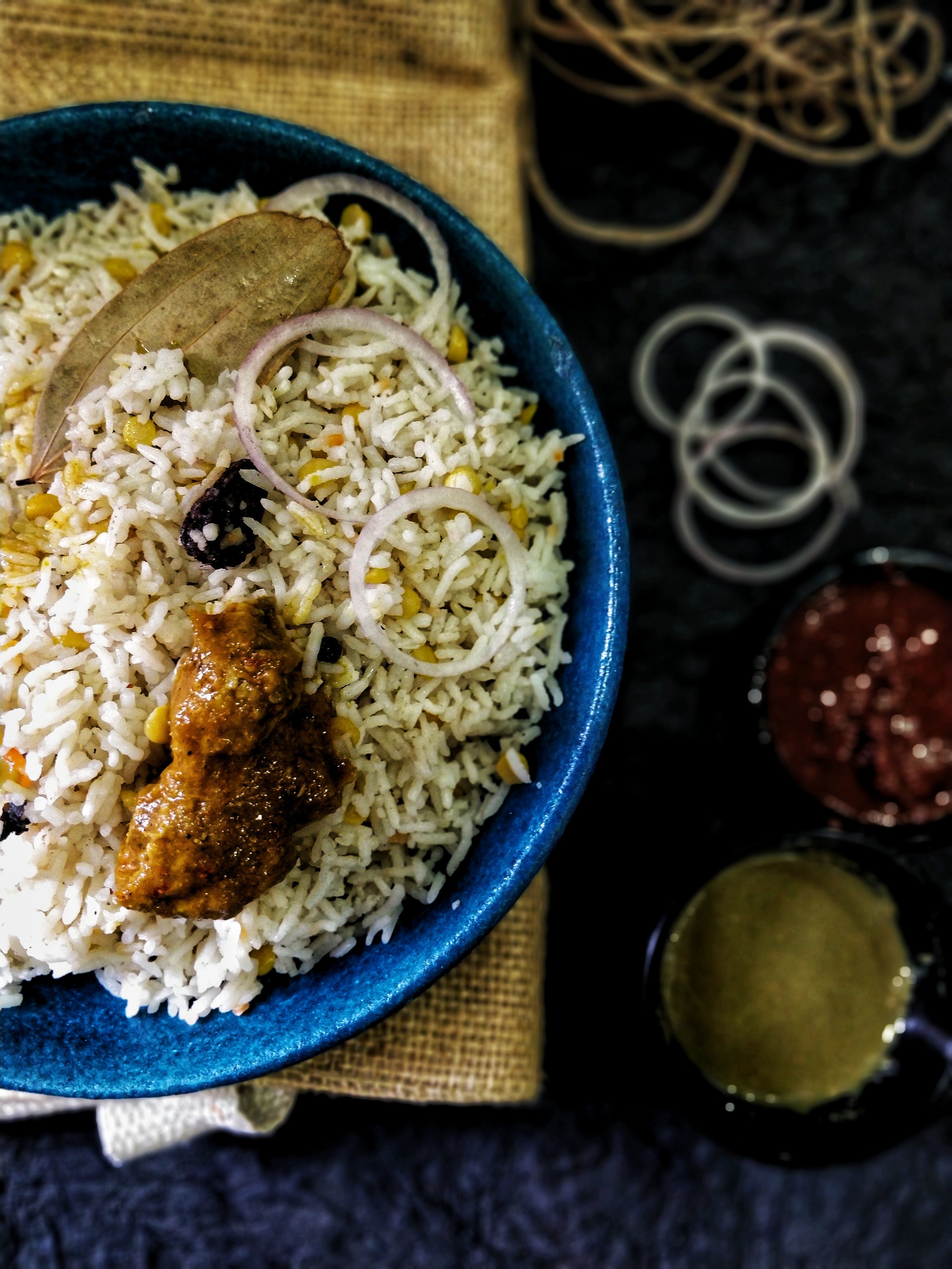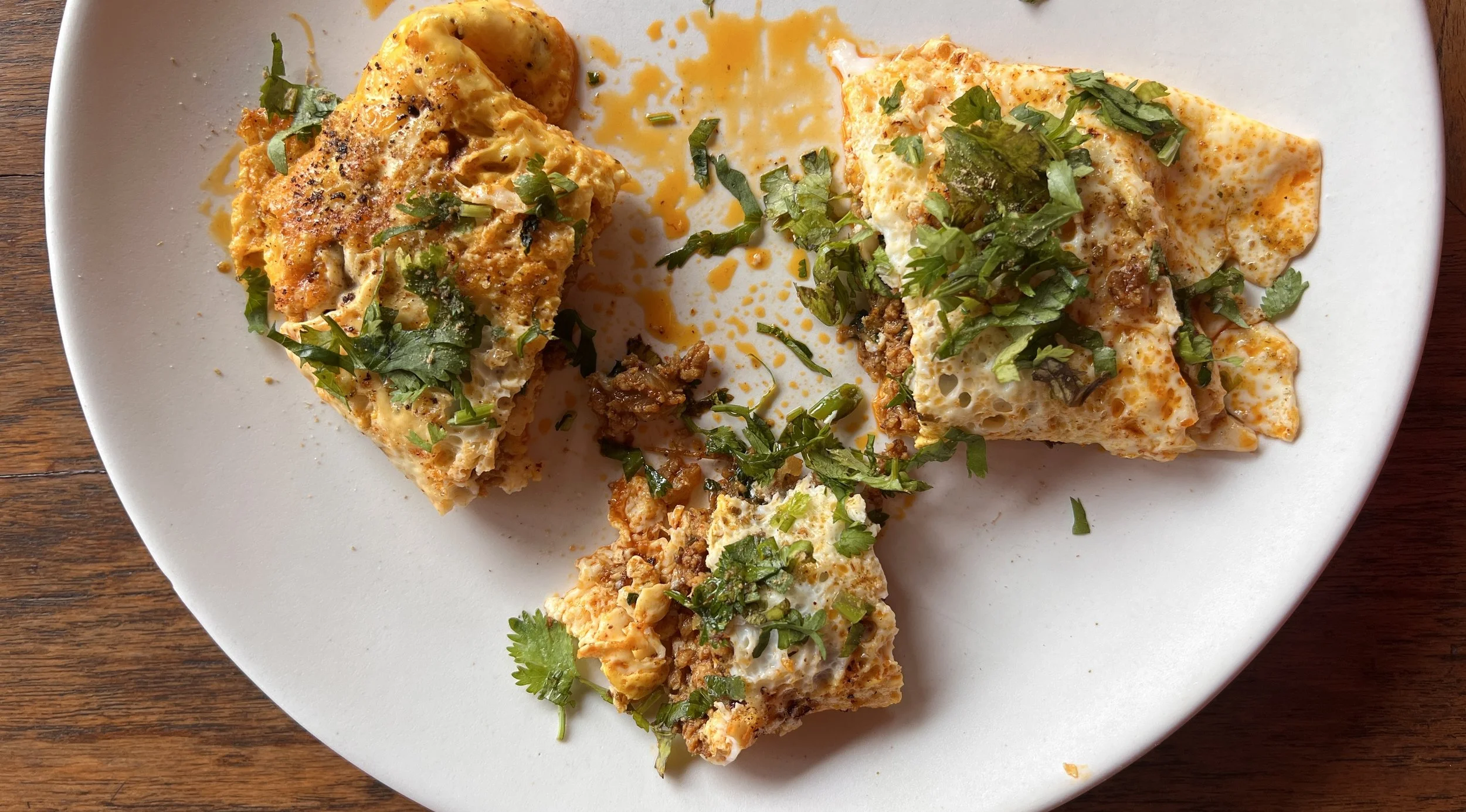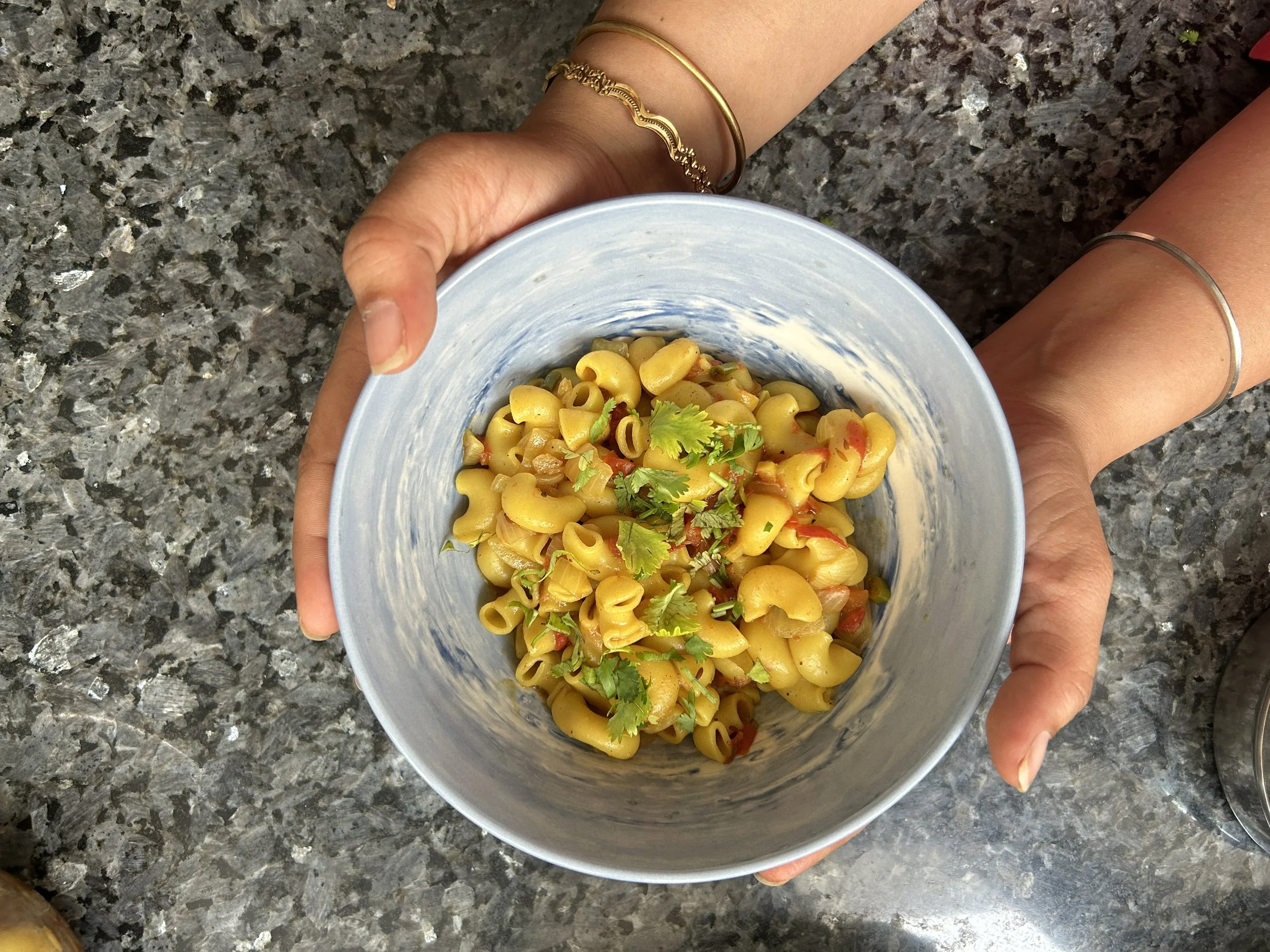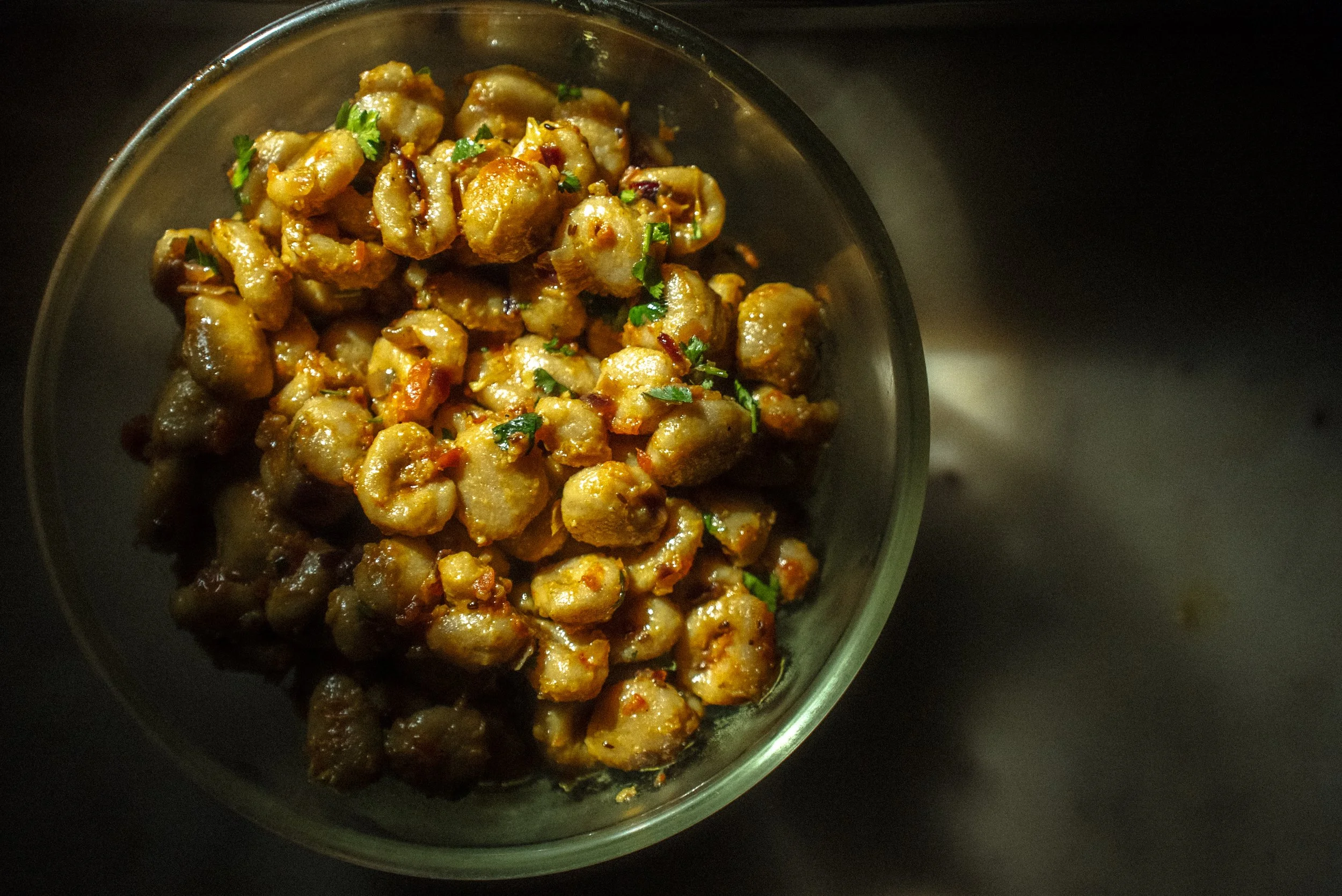A Mutton Khichda to Mark Muharram

Sadaf Hussain, chef and author of the book Daastan-e-Dastarkhan: Stories and Recipes from Muslim Kitchens writes about Muharram and the dishes that comfort and nourish the community during this sombre period.
The first ten days of the holy month of Muharram are a commemoration of the battle of Karbala. In the first century of Islam, there was a brutal war between the grandson of Prophet Muhammad, Imam Hussain and the Umayyad ruler, Yazid I, a tyrannical and un-Islamic leader. At Karbala, (a province of modern-day Iraq) Hussain and his small band of followers fought the well-trained Umayyad army and lost. In the end, Hussain was beheaded, and his body mutilated. His survivors were humiliated, and forced to walk to Damascus on foot where they were later imprisoned.
Shia Muslims observe these ten days in public mourning, and Sunni Muslims fast on the 10th day of Muharram. I grew up in a Sunni family and the food during Muharram was remarkably different from what we ate the rest of the year. My mother would make malida, khichda and doodh sherbet. Abbi would recite the fateha before we began eating.
During Muharram, food is meant to be simple and austere; extravagance is frowned upon during the period of mourning. Our khichda, while simple, is utterly delicious — and not to be confused with the Hyderabad kichidi. Here, rice, chana dal, and tur dal are boiled with whole black pepper, turmeric and a lightly seasoned meat. The grains and meat in our khichda remain whole, and it is very important that it not be allowed to get mushy. Shi’ite families eat a similar dish called faakashaki — faaka meaning to fast in Urdu. The dish is a mixture of kali urad dal and rice, paired with radish; a meal that is restrained and sombre.
The other reason we eat khichda during Muharram is because it is reminiscent of what Prophet Nooh cooked for himself when his boat was caught in a storm, out in the ocean, on the day of aashura. As an offering of prayer, he prepared a meal with 7 kinds of grains, which was all that was available on the ship.
Doodh sherbet, or Muharram ka sherbet, is an elegantly simple beverage made with milk, sugar and rose water. And malida, the other dish we make, is one of my absolute favourites. It is made by grinding down thick flatbreads. The rotis are first baked on a tawa, then ground to a powder with a mortar and pestle. The rotis are simple and austere, but delicious nonetheless. When I was a child, ammi would always give me the rotis to pound — to keep me occupied, no doubt, while she prepared the khichda and sherbet. But it made me feel involved, and very invested in the preparation of the Muharram dishes. Leftover malida also makes for a very gratifying breakfast the following morning. I like to eat it with a bowl of cold milk, some raisins and nuts.
Recipe for Khichda
Ingredients
1/2 kg rice, soaked for 2-3 hours
100g tur dal, soaked for 2-3 hours
100 g channa dal, soaked for 2-3 hours
1/2 kg boneless mutton
3 onions, sliced
1 tbsp ginger paste
1 tbsp garlic paste
3 green chillies
2 tsp red chilli powder
1/2 tsp garam masala
1/2 tsp turmeric powder
2-inch piece of cinnamon
3-4 cardamom
4 cloves
1/2 cup curds, whisked to remove lumps
4 tbsp tomato purée
4 tbsp oil/ghee
Salt to taste
Method
Wash and dry the mutton well.
Heat a deep vessel and add the ghee.
Add the ginger and garlic pastes, and stir for a few minutes until it stops smelling raw.
Toss in the whole spices, onion, and tomato puree.
Cook till the onions become translucent.
Add in mutton pieces, roast for 8-10 minutes.
Add the whisked curd and cook on a low flame for 45-60 minutes, or till the mutton gets cooked properly. You can also use a pressure cooker to speed up the process.
In another pan, heat the remaining oil, toss in the soaked lentil and fry till they turn golden brown.
Add water, turmeric and salt, and cook till the lentils are partially cooked.
Add the soaked rice, mutton and cook again.
Add a little water to bring it together, but not too much that it becomes runny.
Serve hot with curd, raita or pickle.
Sadaf Hussain is the author of Daastan-E-Dastarkhan and a TEDx speaker.
ALSO ON THE GOYA JOURNAL







